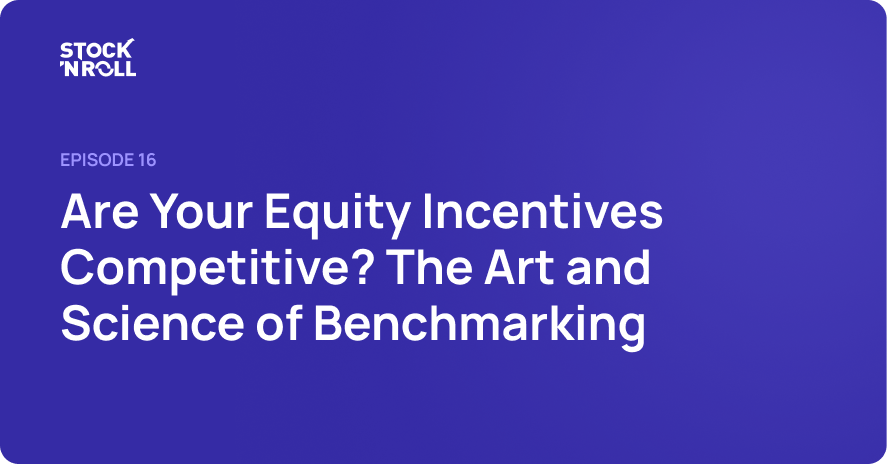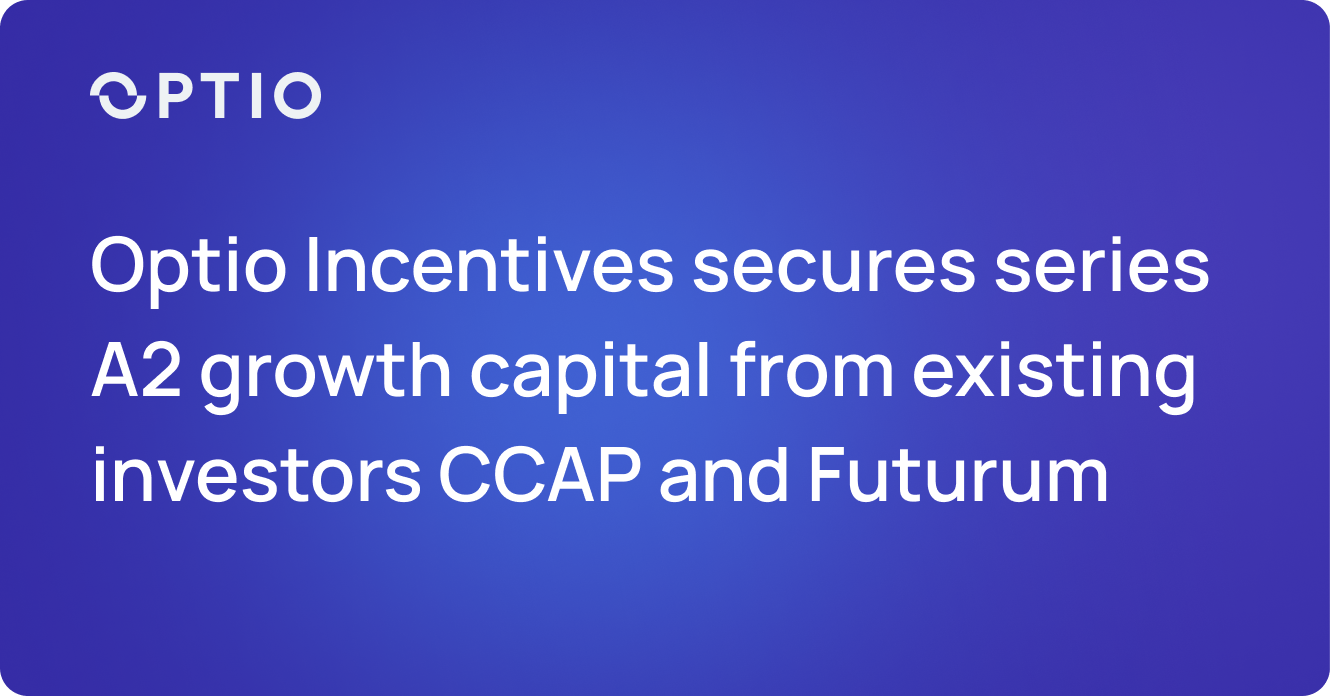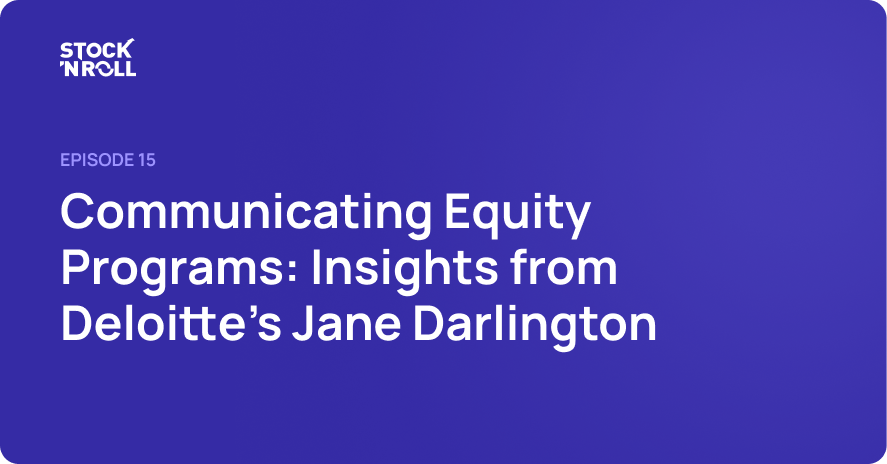In this episode of Stock 'N Roll, we sat down in Deloitte’s London office with Lucy Hovland and Anita Grant—two seasoned leaders from Deloitte’s Equity and Incentives practice—to unpack the intricacies of designing global broad-based equity plans.
As equity compensation continues to evolve, especially in the post-IPO tech and fintech landscape, companies are thinking bigger—and broader—about how to include more employees across jurisdictions in share plans. But what does it actually take to get this right?
The Power of a Multidisciplinary Team
Lucy, a lawyer by background, and Anita, a tax advisor and accountant, emphasized that executing global share plans is far from a one-person job. Deloitte UK alone has over 100 professionals in this space, with around 600 globally. Their team spans rule drafting, due diligence, communications, legal strategy, and more.
“Anything you need to do to bring a plan to life—we do that,” said Anita. “But we also collaborate closely with external advisors, administrators, and legal firms.”
What Exactly is a Broad-Based Plan?
Traditionally, UK companies relied on tax-advantaged plans like SAYE or SIP. But in a global, talent-driven economy, the definition has expanded. Companies now use RSUs, options, and ESPP-style programs to offer equity more broadly—often globally. Some keep it opt-in, while others design plans that include everyone by default.
Importantly, Lucy stressed the need to start with the ‘why’. Whether your goal is retention, attraction, alignment with business strategy—or all three—understanding your core objective will shape everything from plan design to communication.
“Sometimes companies come to us with a plan type in mind,” Lucy noted, “but when we ask why, it turns out another structure might actually better meet their goals.”
Tailoring the Plan: Jurisdictions, Eligibility, and Timing
One key challenge? Global complexity. From service-based eligibility (some companies require up to 18 months before participation; others grant from day one) to geographic inclusivity, every company must decide how wide to cast the net.
“You might want to include everyone,” said Anita, “but sometimes tax, regulatory, or cost hurdles mean you make pragmatic choices. In China, for example, real shares might only make sense if you have 400+ employees.”
Companies often phase rollouts by region or headcount, with heat maps used to prioritize jurisdictions. And, notably, a ‘synthetic’ version of a plan can help maintain fairness in countries where real equity is not feasible.
Communication is Everything
Even the most brilliantly structured plan can fall flat without effective employee communication. Deloitte strongly advises tailoring communications by role, region, and learning style—from executive town halls to peer-to-peer videos and digital toolkits.
“Pick-up rates hinge on whether employees understand the plan,” said Lucy. “One of the best things you can do is bring in internal champions to build grassroots support.”
Who’s in the Room?
Launching a global plan requires alignment across departments. While Reward often owns the project, Deloitte encourages early involvement from Legal, Tax, Treasury, Payroll, and Internal Comms.
“The best projects involve all key stakeholders from day one,” Anita explained. “You avoid nasty surprises later—like payroll not being ready or finance not knowing how to account for share-based payments.”
Typical Pitfalls to Avoid
When rolling out broad-based plans globally, a few issues come up repeatedly:
- U.S. taxpayers: Even without a U.S. presence, companies must consider global employees with U.S. tax obligations.
- Trust structures: Knowing when and where to use a trust—or not—is crucial.
- Non-employee workers: Engaging freelancers or employer-of-record (EOR) workers in equity plans is complex but increasingly relevant.
- Outdated regulation: Many tax and legal frameworks haven’t caught up with today’s mobile, digital workforce.
Tech and the Future of Share Plans
Technology is transforming the equity space. From digital plan admin portals to AI and customized financial education, employers now have more tools than ever to make global rollout manageable—and meaningful.
Still, as the team emphasized, there’s work to be done. “Our tax laws haven’t kept pace with how companies and employees actually operate,” said Anita. “But equity remains one of the most powerful tools to align, reward, and retain talent—especially for fast-growing businesses.”
Final Thoughts
Whether you're rolling out your first broad-based plan or refining a global strategy, the takeaways are clear:
- Start with the “why”
- Include cross-functional voices early
- Design with jurisdictional nuance
- Don’t underestimate the power of communication
- Be realistic—phased rollouts often work best
Big thanks to Lucy Hovland and Anita Grant for joining us and sharing their deep expertise.
"Please note: This podcast content is for informational purposes only and is not intended as professional advice. Always consult qualified legal, tax, and financial advisors for guidance specific to your situation."
Stay tuned for more episodes of Stock 'N Roll as we continue exploring the world of equity compensation—from theory to practice.




